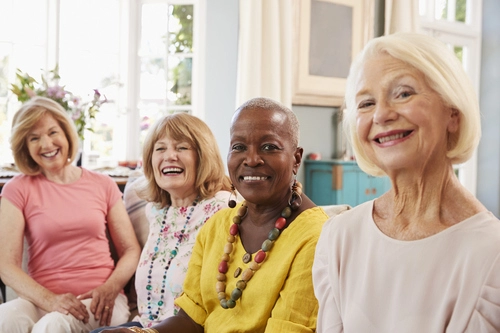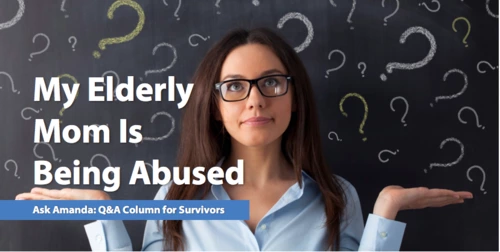1. Select a discrete app icon.

notes
When Domestic Violence Happens Later in Life
Why elders are more likely to suffer in silence
- Apr 22, 2015

Domestic violence isn’t ageist. Seniors are just as susceptible as their younger generations to encounter abuse at the hands of an intimate partner. The only difference is, the public is much less likely to hear about it.
The National Center on Elder Abuse (NCEA) reports that 90 percent of the abuse of elders occurs by family members, most often spouses, partners or adult children. However, studies estimate that roughly only 1 in every 14 cases of elder abuse is reported to police.
The NCEA and WomensHealth.gov offer several reasons why the vast majority of elder abuse flies under the radar. They say seniors may stay silent because:
- They grew up and married in a time when domestic abuse was more tolerated and ignored.
- Their values or culture may be different from younger generations — orders of protection or divorce may not be options they even consider.
- They have lived with the abuse for so many years that their self-esteem has suffered as a result, which could mean abuse has become “normal.” Or, they feel a sense of shame and guilt for letting it continue for as long as it has.
- They feel a sense of duty to take care of their aging partner, preventing them from reporting their partner to police for fear of what may happen.
- They are financially dependent on their partner.
- They may be afraid to live alone after being with their partner for so many years, or may be afraid they will be institutionalized in a nursing home.
- They may not have a support network of family or friends nearby.
- They may have a lack of information about types of domestic violence and what their alternatives may be.
What can someone do who’s concerned about an older family member? First, learn the signs of domestic violence (isolation, mysterious injuries, missing appointments and depression, just to name a few). Then, talk to seniors who may be at risk. Just by listening, an outsider may be their lifeline. Finally, offer other options for support, such as calling the National Domestic Violence Hotline, 800-799-SAFE, where advocates are available 24 hours a day to listen and provide help.
Looking for someone to speak with? Enter your location to find phone numbers for domestic violence experts in your area.
Have a question about domestic violence? Type your question below to find answers.








